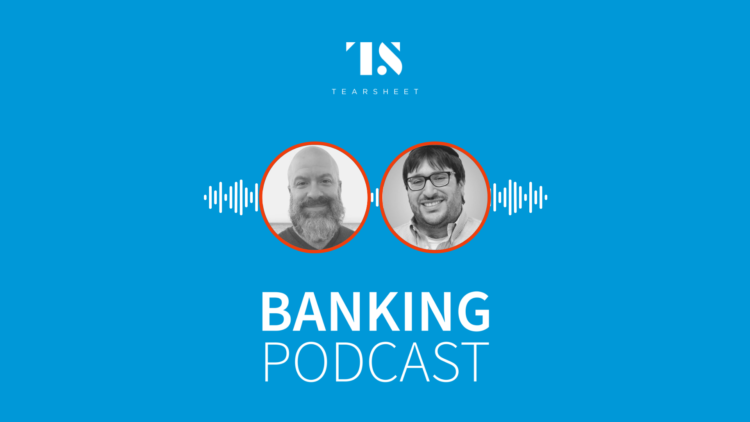Podcasts
The Banking Podcast Ep. 18: Faced with a bad market, will financial super-apps-in-the-making revert to what they’re good at?
- In this episode of Tearsheet's Banking Podcast, your hosts Zack and Josh explore the impact bad markets will have on banking and fintech.
- Also discussed: banks moving into BaaS models, BNPL regulation, and crypto mortgages.








